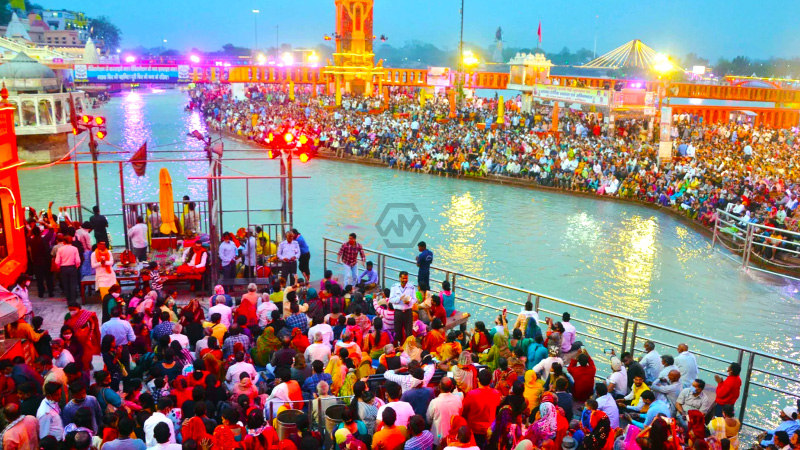- India‘s Kumbh Mela clinics were being overprescribed antibiotics for respiratory tract diseases.
- The usage of human antibiotics is highest in India.
- The researchers have suggested strategies to reduce the prescription of antibiotics during future festivals.
Tens of thousands of pilgrims, mostly those with respiratory tract infections who were arriving at the Kumbh Mela in India, were given an excessive amount of antibiotics by clinics there, according to research from US-based institutions supported by the Lakshmi Mittal and Family South Asia Institute at Harvard University and Unicef.
Antibiotic resistance, which happens when bacteria change over time and become resistant to medications meant to prevent and treat the infections they cause, is more likely to develop the more antibiotics are used.
Kumbh Mela
This is a significant “global threat” to public health, with 1.27 million fatalities globally directly attributed to antibiotic-resistant “superbug infections” in 2019. This, according to the World Health Organization (WHO), represents a serious “global threat” to public health.
The usage of human antibiotics is highest in India, where antibiotic-resistant neonatal illnesses claim the lives of over 60,000 babies annually.
At two festivals hosted in the cities of Prayagraj and Nashik in 2013 and 2015, more than 40 clinics welcomed more than 70,000 patients, who provided information to the researchers.
They discovered that approximately 69% of patients suffering upper respiratory tract infections at the free state-run clinics at the festival site received antibiotics, and more than one-third of patients visiting the clinics obtained antibiotic prescriptions.
The researchers have suggested strategies to reduce the prescription of antibiotics during future festivals, including the use of triage, the provision of sufficient diagnostics, and a review of the three-day antibiotic dosing policy.



